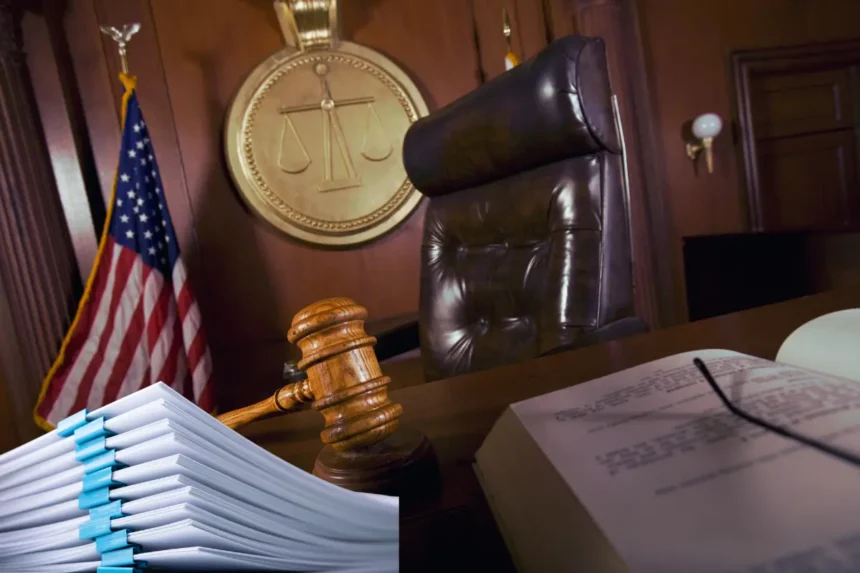In a new development surrounding a high-profile Freedom of Information Act (FOIA) case, the U.S. Federal Bureau of Investigation (FBI) and the Drug Enforcement Administration (DEA) have filed a request for a 90-day extension to release records related to a decades-old drug trafficking investigation allegedly involving Nigerian President Bola Ahmed Tinubu.
The records, which were initially scheduled for release on May 2, 2025, under a court order by Judge Beryl Howell of the U.S. District Court for the District of Columbia, are now the subject of delay following a joint status report filed on Thursday, May 1, by both agencies.
The delay comes amid legal pressure from U.S. transparency advocate Aaron Greenspan, who filed a FOIA lawsuit in June 2023 demanding access to documents tied to a 1990s drug and money laundering case in Chicago. The FOIA requests, made between 2022 and 2023, were addressed to multiple U.S. agencies including the FBI, DEA, Internal Revenue Service (IRS), Department of State, the CIA, and the U.S. Attorneys’ Offices in Indiana and Illinois.
Greenspan’s request sought investigative records involving four individuals: President Bola Tinubu, Mueez Akande, Lee Andrew Edwards, and Abiodun Agbele—all allegedly linked to the Chicago drug ring.
In the status report submitted to the court, the FBI and DEA acknowledged that they had initiated searches for responsive, non-exempt records but argued that additional time was necessary to complete the process. The agencies cited the need to identify “reasonably segregable portions” of the requested materials before releasing them.
“The FBI and DEA have initiated their searches for responsive, non-exempt, reasonably segregable portions of records requested by the plaintiff and anticipate completing their searches in ninety days,” the filing stated.
You May Also Want to Read: Tinubu Drug Case: Presidency Downplays U.S. Court Order as “Nothing New.
However, Greenspan strongly opposed the proposed timeline, accusing the agencies of deliberately stalling the process. In his counter-proposal, he demanded the release of already-identified unredacted documents within a week and the remainder within 14 days.
“Given the years-long delay already caused by the defendants and the fact that many responsive documents have already been identified, the plaintiff proposes that the FBI and DEA complete their searches and productions by next week,” Greenspan stated in the filing. “The defendants provide no rationale for why their search should take 90 days.”
The ongoing delay has fueled public skepticism, with critics on social media questioning the motives behind the agencies’ reluctance to release the records. Speculation has intensified around what the documents might contain, especially following revelations that President Tinubu reportedly opposed their release during the 2023 Nigerian general elections, citing concerns about potential reputational damage.
Earlier this year, reports emerged that Tinubu had hired a U.S.-based lobbying firm to help manage his public image amid rising scrutiny over the pending documents.
As the court considers the extension request, public interest in the case remains high, with many observers calling for transparency and swift disclosure.















